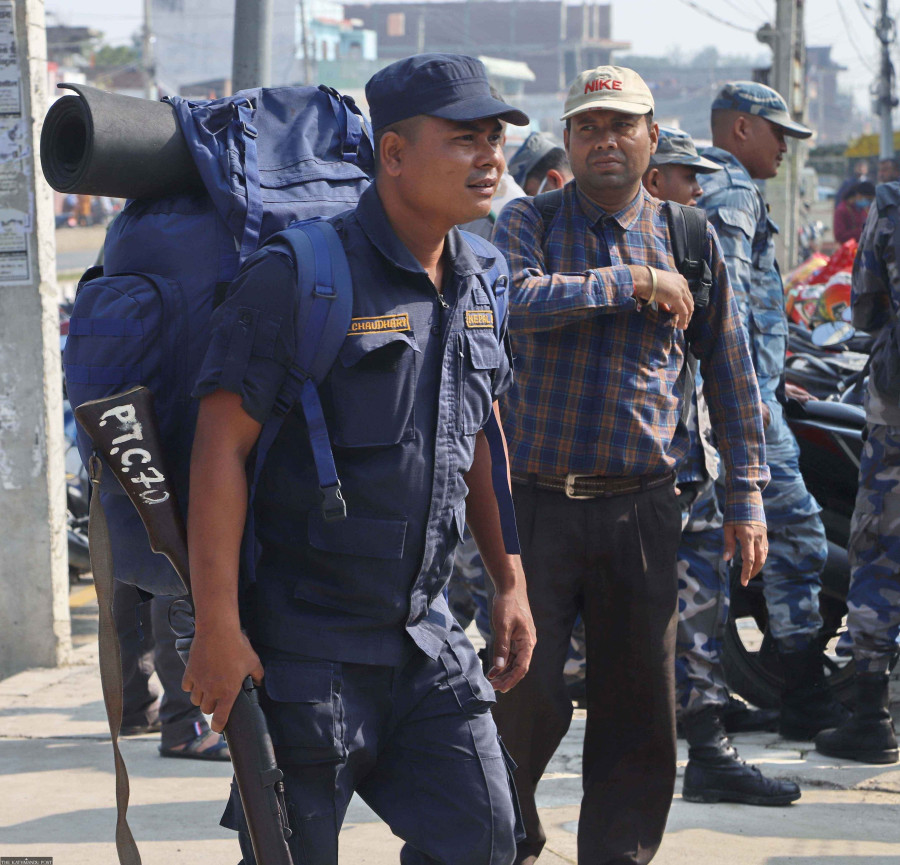National
Election silence has largely been honoured, observers say
Interpretations vary of the political parties and their candidates paying for bus rides to voters’ home districts across the country.
Post Report
The silence period for Sunday’s polls began on Thursday midnight, with the Election Commission banning all kinds of publicity campaigns.
The election authority has listed out several activities the political parties, candidates and other stakeholders are barred from performing 48 hours before the polling. Every activity of publicity and gatherings, meetings and mass shows are prohibited during the period. Besides, political parties and candidates have to remove publicity materials from the area around the polling centres.
Publishing any news item or post in favour of or against the candidates and parties is prohibited through print, broadcast or online media and on social media platforms.
“No vote appeal through SMS, social media or any other platform is permitted during the period,” reads one of the points in the list of activities barred by the commissions. “No rallies, feasts or playing musical instruments are allowed during the period.”
The commission too has made it mandatory for the parties, sister wings, candidates and their wellwishers to remove the publicity materials from the social media platforms once the silence period takes effect. One is liable to a penalty up to Rs25,000 if found breaching the conditions set by the commission.
Observers say though there are reports of isolated cases of feasts and campaigning in rural areas, the parties and the candidates largely followed the restrictions on the first day of silence.
“We don’t have reports of violations of the norms of silence in cities and towns. However, feasts and campaigning are common in rural areas even during the silence period,” Pradip Pokharel, chairperson for the Election Observation Committee, Nepal, told the Post. He said various political parties were funding the ferrying of voters from Kathmandu to their constituencies.
According to Pokharel, the parties were contacting voters assuring them of free transportation and free meals. “This might be helpful in guaranteeing the right to franchise of the general public. However, the sole motive of the parties to provide free transportation and meals is to influence the voters,” he said.
Observers also agree that unlike in previous elections, the parties and candidates have largely honoured the election silence this time. “Compared to the recent local polls, the restrictions imposed for the silence have been followed,” Kapil Shrestha, chairperson of National Election Observation Committee, told the Post. “Let’s see if the spirit continues for the rest of the period.”




 8.79°C Kathmandu
8.79°C Kathmandu














